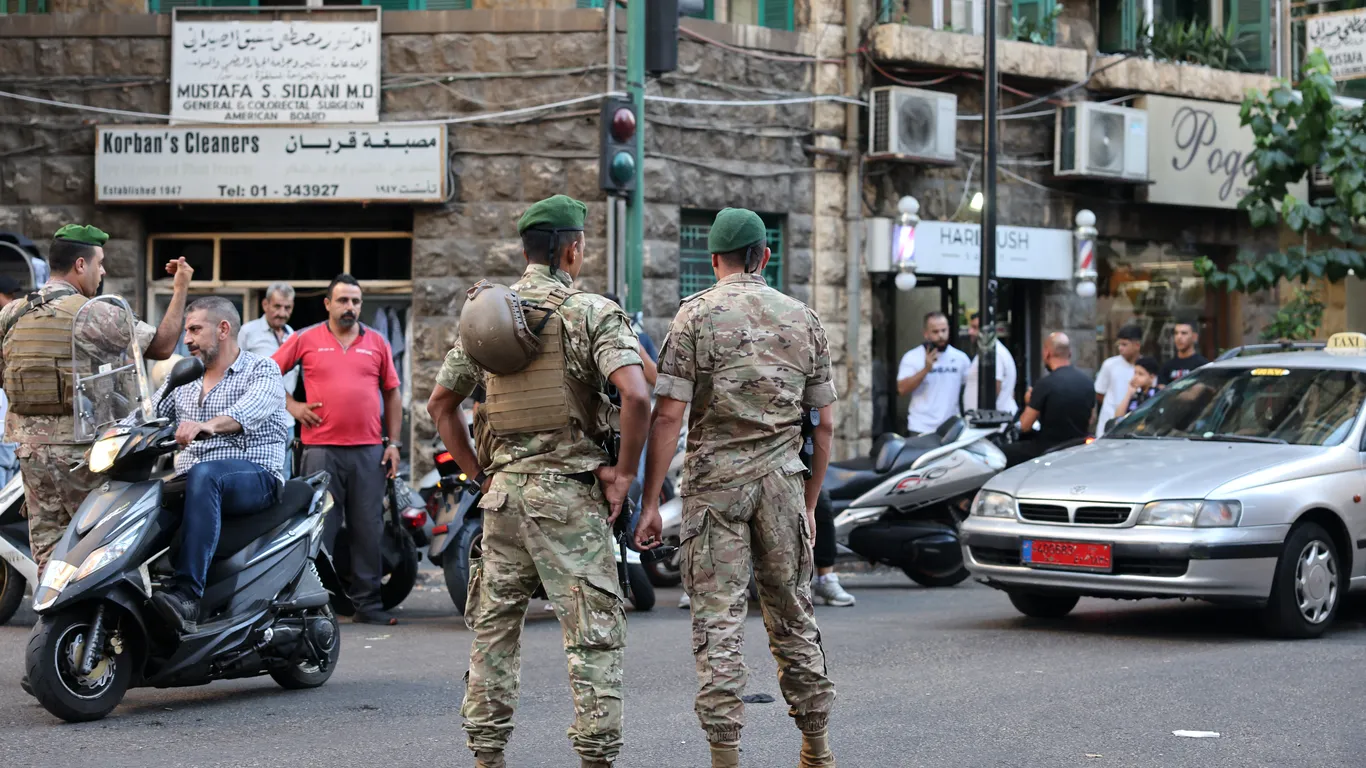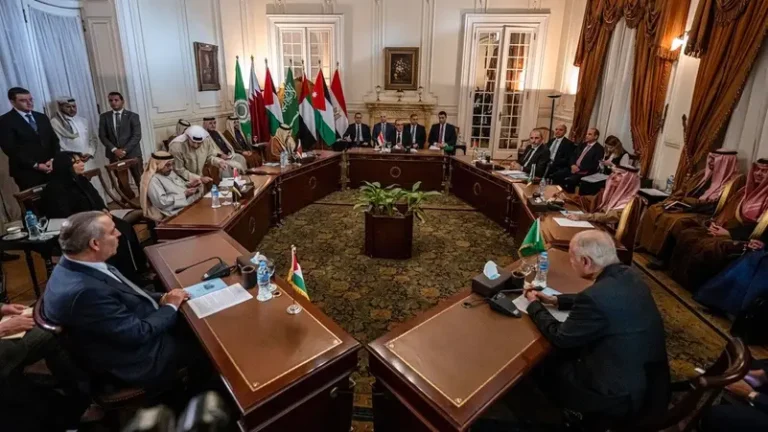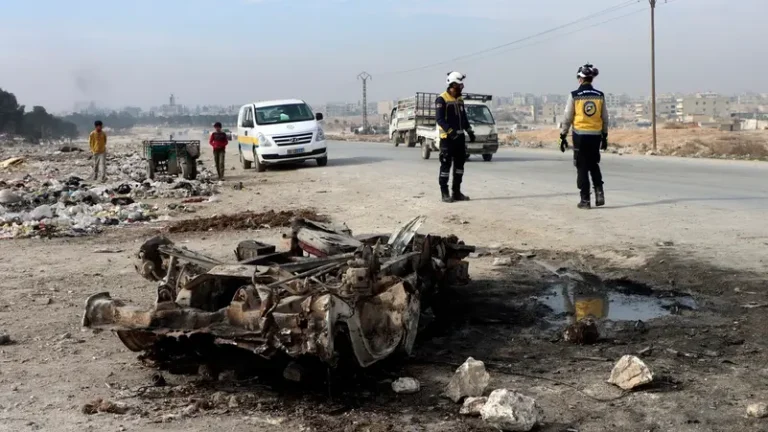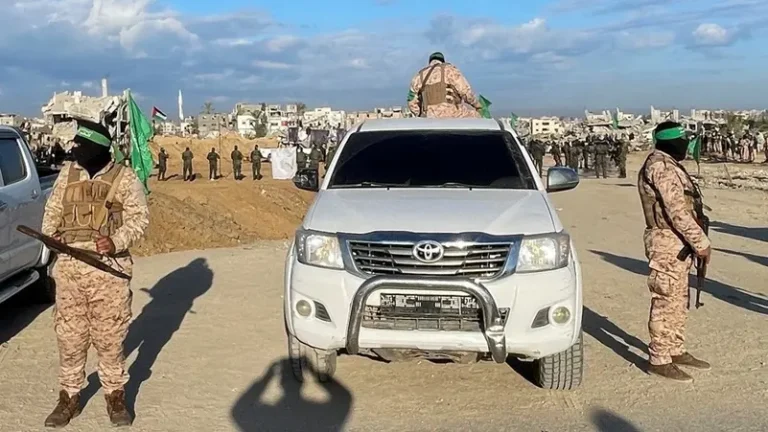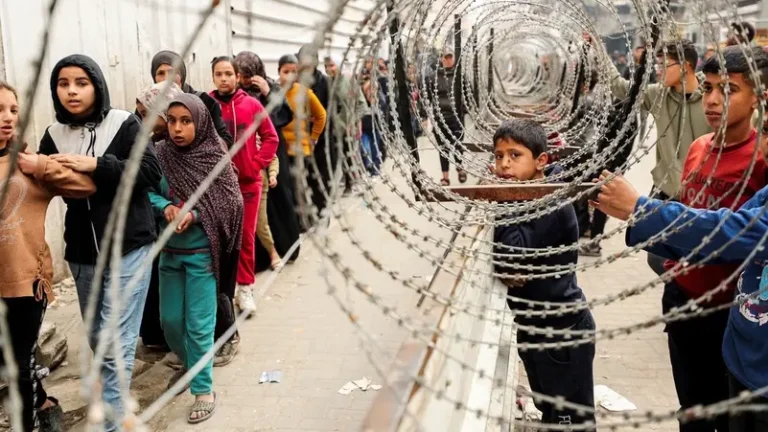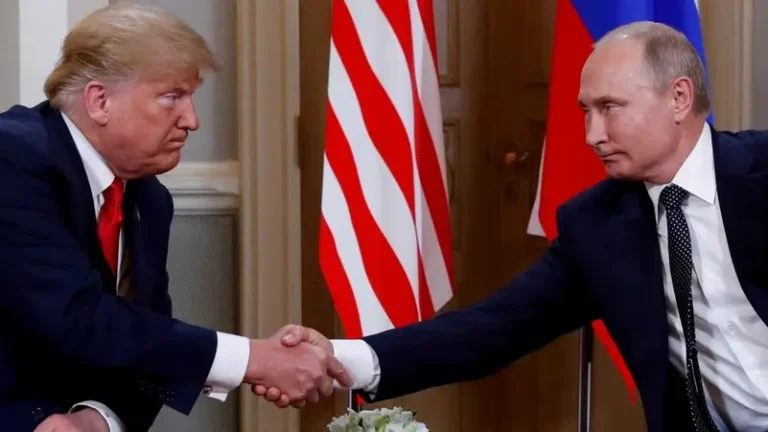Israel on Wednesday blew up thousands of two-way personal radios used by Hezbollah members in Lebanon in a second wave of an intelligence operation that started on Tuesday with the explosions of pager devices, two sources with knowledge of the operation. More than a dozen people were killed and hundreds of others were wounded.
The second wave of clandestine attacks is another serious security breach in Hezbollah’s ranks and increases pressure on the Lebanese group.
Lebanon’s health ministry said 14 people were killed and 450 wounded in the attacks on Wednesday.
The walkie-talkies were booby-trapped in advance by Israeli intelligence services and then delivered to Hezbollah as part of the militia’s emergency communications system, which was supposed to be used during a war with Israel, the sources said.
The attack further damages Hezbollah’s military command and control system.
On Wednesday afternoon local time during the funerals of some of the Hezbollah members killed in the first attack, a second wave of explosions took place.
Videos circulating on social media showed an explosion during one of the funerals that resulted in one Hezbollah guard wounded on the floor.
Numerous other explosions were reported in Beirut and across Lebanon — some of them in apartments and houses.
One source said that because they were meant to be used only during war with Israel, a large number of the walkie-talkies were in storage in Hezbollah warehouses.
Behind the scenes: The two sources said Israel’s goal in the second wave of attacks was to increase paranoia and fear in Hezbollah’s ranks, in an attempt to press the militia’s leadership to change its policy regarding the conflict with Israel.
“The goal was to convince Hezbollah that it is in its interest to disconnect itself from Hamas and cut a separate deal for ending the fighting with Israel regardless of a ceasefire in Gaza,” the source said.
The two sources added that the decision to conduct the second attack was also driven by the assessment that Hezbollah’s investigation into the pager explosions would likely expose the security breach in the walkie-talkies.
The latest: After the explosions on Wednesday, Israeli defense minister Yoav Gallant said in a visit to an Israeli Air Force base that “the center of gravity is moving from Gaza to the north through the diversion of resources and forces. We are opening a new phase in the war.”
Israel Defense Forces Chief of Staff Gen. Herzi Halevi held meetings at the northern command’s headquarters and approved the updated operational plans for Lebanon, the IDF said.
“We are determined to create the security conditions that allow the return of our citizens to their homes with a high level of security, and we are ready to do whatever it takes to bring these things about. We have many capabilities that we have not yet activated,” Halevi said in a statement.
What they’re saying: A few hours before the second wave of explosions, U.S. Secretary of State Antony Blinken said in a press conference in Egypt that the U.S. wasn’t involved and had no knowledge of the pager attack.
He said all parties must avoid taking steps that escalate the conflict and widen it to more fronts.
White House spokesperson John Kirby said the U.S. was not involved in Wednesday’s explosions in Lebanon.
A day after thousands of people were injured across Lebanon when pagers used by militant group Hezbollah exploded, a new spate of explosions killed at least 20 people and injured at least 450, according to the Lebanese Health Ministry. At least 12 people were killed and 2,800 injured in Tuesday’s attack. Though Israel has not publicly claimed responsibility for the attack, the Israelis informed the U.S. about the attack after it took place through intelligence channels, according to two U.S. officials speaking on the condition of anonymity to discuss sensitive matters. The Israelis did not alert Washington about the specifics of the attack before it took place, the officials said.

